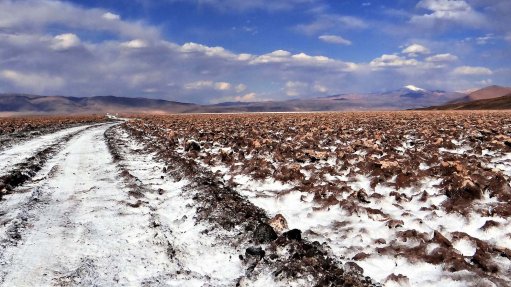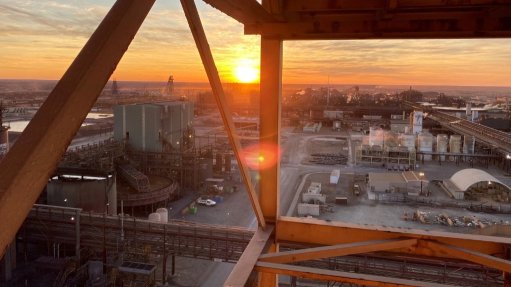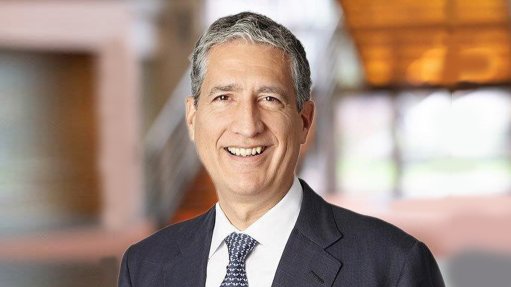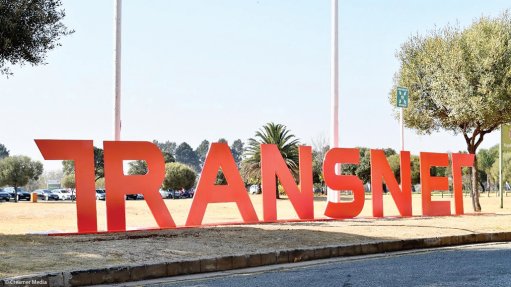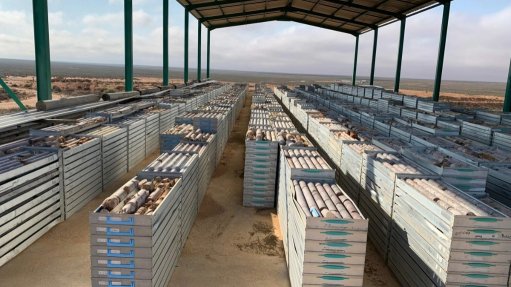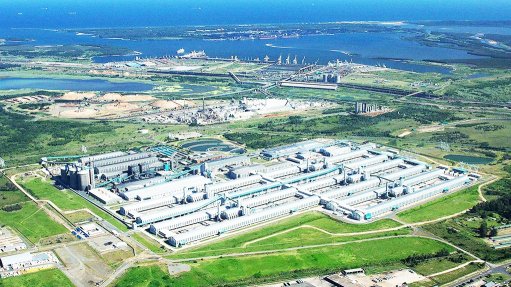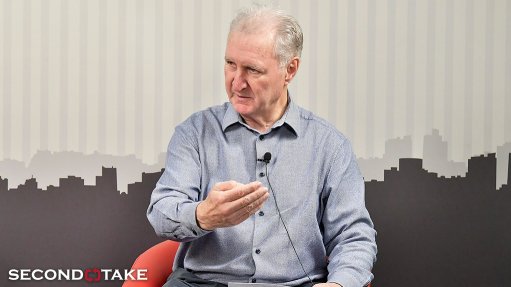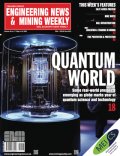Queensland outlaws carbon storage in Australia's biggest aquifer
CANBERRA – Australia's Queensland state will ban carbon capture and storage in a giant aquifer that spans much of its territory, the state government said on Friday, after an outcry from farmers who said such projects could poison their water supply.
The decision closes one route to decarbonisation in Queensland, which aims to reduce its greenhouse gas emissions by 75% from 2005 levels by 2035 and achieve net zero by 2050.
The state had already this month blocked a plan by mining giant Glencore to bury liquefied carbon dioxide captured from a coal-fired power plant in part of the aquifer.
"Today is a great day for Queensland, for the environment, for farmers, and for the Great Artesian Basin," state Premier Steven Miles said in a statement.
"I've listened to Queenslanders," he said. "I think the Great Artesian Basin's unique environmental, agricultural, economic and cultural significance is worth protecting."
The basin is a network of aquifers that covers most of eastern Australia, supporting agriculture and communities.
Greenhouse gas storage activities including carbon capture and storage and enhanced oil recovery using a greenhouse gas stream will be permanently prohibited in the basin, the state government said.
These activities may be possible in other parts of the state and the government would assemble an expert panel to assess the safety of doing so, it said.
When blocking the Glencore project, the state's environment ministry said the buried carbon dioxide could migrate, spreading contaminants including lead and arsenic and causing irreversible or long-term damage to groundwater.
Glencore blamed the decision, which followed a campaign by farmers, on misinformation and political opportunism. It said its proposal was safe, targeted an area deep underground with unused, low-quality groundwater and the carbon dioxide was extremely unlikely to spread far.
Queensland's edicts do not affect other regions that host the basin. Oil firm Santos is building a carbon capture and storage project in part of the basin in South Australia state.
Comments
Announcements
What's On
Subscribe to improve your user experience...
Option 1 (equivalent of R125 a month):
Receive a weekly copy of Creamer Media's Engineering News & Mining Weekly magazine
(print copy for those in South Africa and e-magazine for those outside of South Africa)
Receive daily email newsletters
Access to full search results
Access archive of magazine back copies
Access to Projects in Progress
Access to ONE Research Report of your choice in PDF format
Option 2 (equivalent of R375 a month):
All benefits from Option 1
PLUS
Access to Creamer Media's Research Channel Africa for ALL Research Reports, in PDF format, on various industrial and mining sectors
including Electricity; Water; Energy Transition; Hydrogen; Roads, Rail and Ports; Coal; Gold; Platinum; Battery Metals; etc.
Already a subscriber?
Forgotten your password?
Receive weekly copy of Creamer Media's Engineering News & Mining Weekly magazine (print copy for those in South Africa and e-magazine for those outside of South Africa)
➕
Recieve daily email newsletters
➕
Access to full search results
➕
Access archive of magazine back copies
➕
Access to Projects in Progress
➕
Access to ONE Research Report of your choice in PDF format
RESEARCH CHANNEL AFRICA
R4500 (equivalent of R375 a month)
SUBSCRIBEAll benefits from Option 1
➕
Access to Creamer Media's Research Channel Africa for ALL Research Reports on various industrial and mining sectors, in PDF format, including on:
Electricity
➕
Water
➕
Energy Transition
➕
Hydrogen
➕
Roads, Rail and Ports
➕
Coal
➕
Gold
➕
Platinum
➕
Battery Metals
➕
etc.
Receive all benefits from Option 1 or Option 2 delivered to numerous people at your company
➕
Multiple User names and Passwords for simultaneous log-ins
➕
Intranet integration access to all in your organisation








